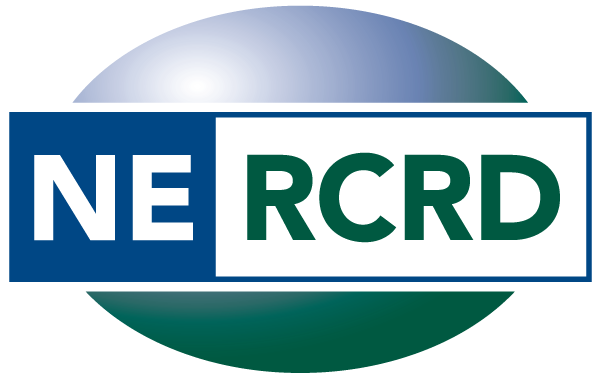Industry Clusters and the Location of Agriculture: Establishing a Theoretical Base for Economic Development Practice
Production agriculture has largely been considered to be beyond the scope of cluster theory. As a result, key insights from the theory have not been fully leveraged for agricultural and rural development practice. This study, led by NERCRD TAC Chair Paul Gottlieb, Rutgers University, examined clustering behavior in production agriculture. Using case study literature and detailed commodity data from the 2012 Census of Agriculture, the research team tested the hypothesis that certain known drivers of transactional clustering behavior are also active in agriculture: that they are correlated with observed geographic clustering, controlling for factors like climate requirements and industry size. The research team learned that across commodities, a high level of environmental conservation activities and high diversity of products and services were positively correlated with geographic clustering, controlling for other known causes of clustering. This constitutes evidence for the idea that clustering may be caused by the need to share knowledge on particular agricultural practices, rather than being explained entirely by the existence of common geographic “anchors.” They also produced a report of federal-level policy recommendations based on their findings.
Funding Agency: USDA NIFA
Principal Investigator: Paul Gottlieb
Lead Institution: Rutgers University
Accompanying Institution(s): The University of Toledo, NERCRD
Start Date: August, 2017 End Date: July, 2022
